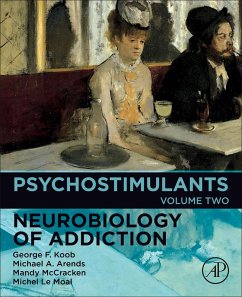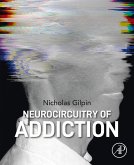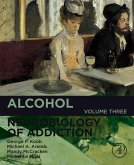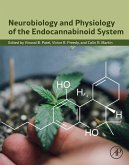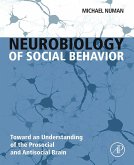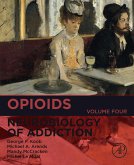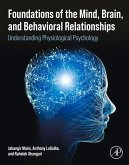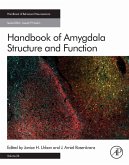A current survey and synthesis of the most important findings in our understanding of the neurobiological mechanisms of addiction are detailed in our Neurobiology of Addiction series, each volume addressing a specific area of addiction.
Psychostimulants, Volume 2 in the series, explores the molecular and cellular systems in the brain responsible for psychostimulant addiction, including both direct/indirect sympathomimetics and nonsympathomimetics. This volume introduces the readers to the history of psychostimulant use. The authors clearly differentiate the neurobiological effects into three distinct stages of the addiction cycle: binge/intoxication, withdrawal/negative affect, and preoccupation/anticipation.
- Highlights recent advances in psychostimulant addiction
- Includes neurocircuitry, cellular and molecular neurobiological mechanisms of psychostimulant addiction
- Defines the abuse and addiction potentials of both direct and indirect sympathomimetics and nonsympathomimetics
Dieser Download kann aus rechtlichen Gründen nur mit Rechnungsadresse in A, B, BG, CY, CZ, D, DK, EW, E, FIN, F, GR, HR, H, IRL, I, LT, L, LR, M, NL, PL, P, R, S, SLO, SK ausgeliefert werden.

